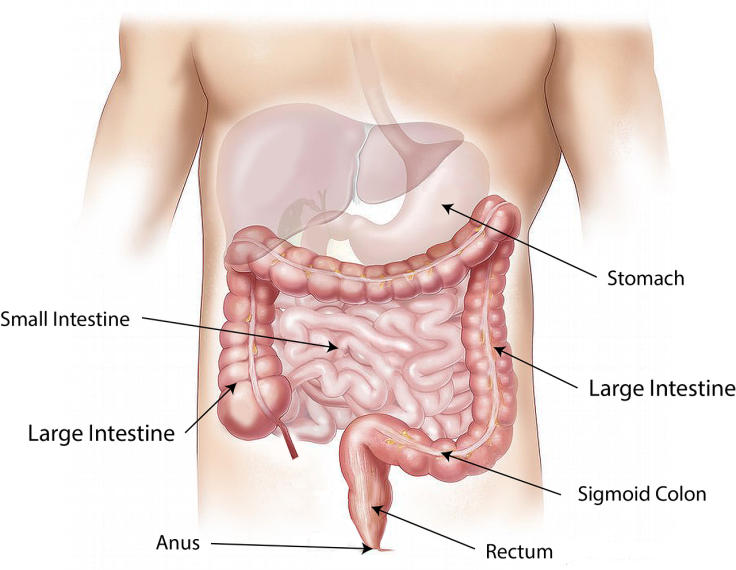Colon Cancer Symptoms And Risks: Things To Know, From Bleeding To Fatty Foods

Cancer is generally easier to treat the earlier it is caught. Unfortunately, colon cancer is hard to detect in its early stages because it doesn’t present with many symptoms. You can protect yourself by learning the signs of the disease and getting regularly checked by a doctor.
A colon is more than just a type of punctuation: It’s a crucial part of your digestive system that is also known as the large intestine. While it is possible to live without a colon — and instead evacuate your poop through an artificial hole in your abdomen — it is, of course, ideal to retain that organ and keep it healthy. That’s not always easy, as colon cancer is one of the most common cancers, and one of the most deadly.
The American Cancer Society estimates that in 2016 there were more than 95,000 new cases of the cancer in the United States alone, as well as almost 50,000 deaths from cancers in the colon and the adjacent rectum. Despite those numbers, the death rate has been dropping, in part because more people are being screened, leading to more early detections and treatment. “As a result, there are now more than 1 million survivors of colorectal cancer in the United States.”
Read: Fitness Blogger Shares Ovarian Cancer Struggle On Instagram
Most colon cancer cases start with polyps, small clumps of cells that are benign but over time develop into cancer. “Polyps may be small and produce few, if any, symptoms,” the Mayo Clinic says. “For this reason, doctors recommend regular screening tests to help prevent colon cancer by identifying and removing polyps before they become colon cancer.”
Although many people do not experience symptoms in the beginning stages of the illness, some signs include rectal bleeding, persistent abdominal pain, an incomplete feeling after pooping, fatigue, weight loss, and a change in bowel habits or stool consistency. According to the Mayo Clinic, even if symptoms show up, “they'll likely vary, depending on the cancer's size and location in your large intestine.”
The U.S. National Library of Medicine recommends getting screened for colon cancer after age 50, although being at a higher risk for the disease — due to a family history, for example — often calls for regular colonoscopies to start earlier. Other factors that put people at higher risk include eating a lot of fatty foods; smoking; or having intestinal conditions like ulcerative colitis or Crohn’s disease. The Mayo Clinic adds diabetes, obesity, alcohol abuse and a lack of physical activity as risk factors, as well as your race: “African-Americans have a greater risk of colon cancer than do people of other races.”
See also:
Anal Cancer, the Disease No One Will Talk About
Is This Normal? The Embarrassing Health Questions You Are Googling
Published by Medicaldaily.com



























